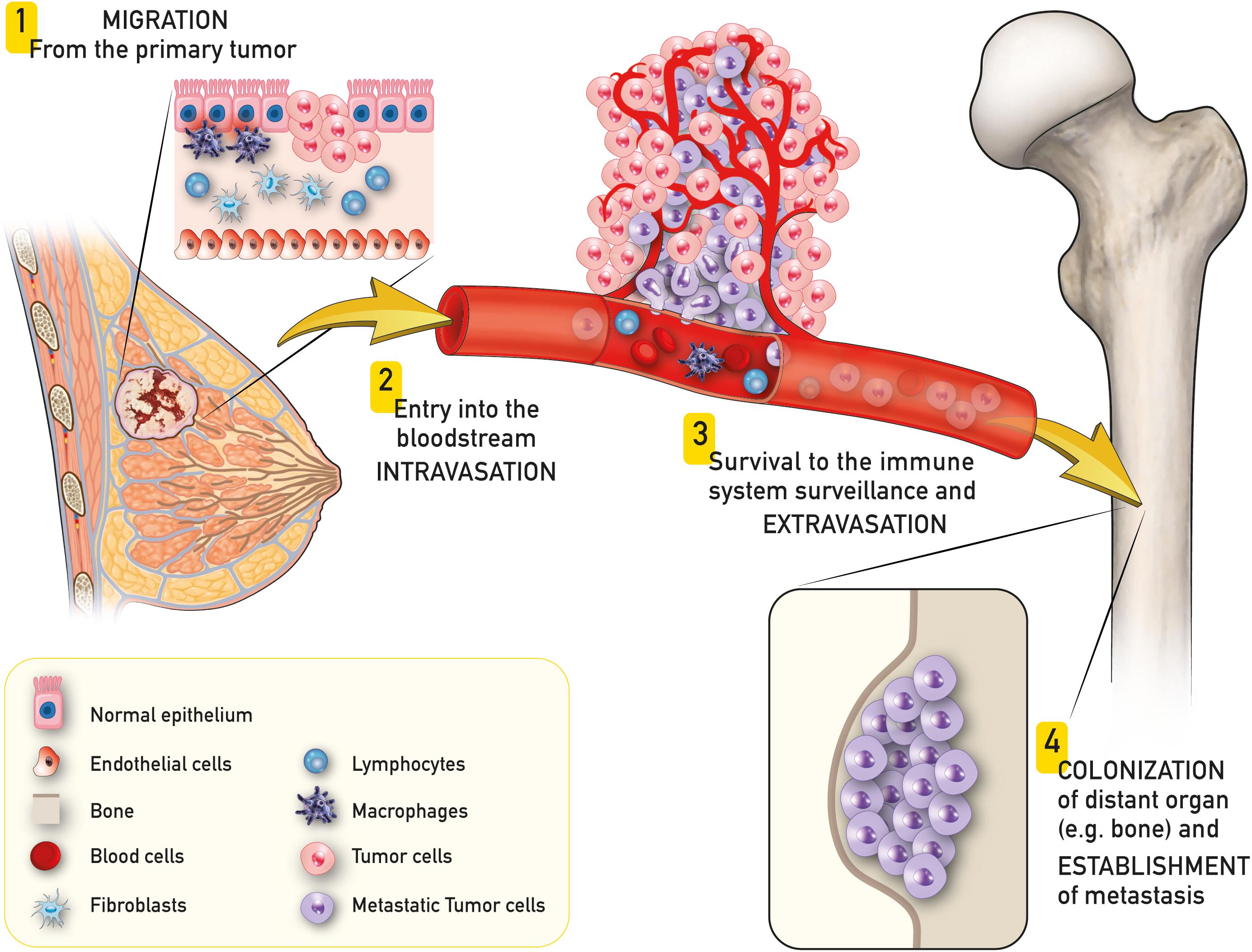What is Bone Tumor Surgery?
Bone tumor surgery is a specialized medical procedure aimed at removing tumors from the bone. These tumors can be either benign (non-cancerous) or malignant (cancerous), and surgery is often recommended to remove the tumor, prevent it from spreading, and relieve symptoms like pain or limited movement. The type of surgery and approach depends on the size, location, and nature of the tumor.
Key Objectives of Bone Tumor Surgery:
- Remove the tumor completely, ensuring no remaining cancerous tissue.
- Restore function to the affected bone, when possible.
- Prevent the spread of cancer to other parts of the body.
- Relieve pain, swelling, and other symptoms caused by the tumor.
Why Choose India for Bone Tumor Surgery?
India is a prominent destination for patients seeking bone tumor surgery, offering advanced medical technology, experienced surgeons, and cost-effective treatment options.
Advantages of Choosing India for Bone Tumor Surgery:
- Cost-Effective Treatment: Save significantly compared to Western countries, with treatment costs that are 60-70% lower.
- Advanced Medical Facilities: Leading hospitals with state-of-the-art technology for precise diagnostics and treatment.
- Experienced Surgeons: Renowned orthopedic oncologists with expertise in complex bone tumor surgeries.
- Comprehensive Care: International patient services, including assistance with travel, visa, and accommodation.
- Timely Treatment: Immediate access to consultations and surgeries, minimizing waiting times.
Types of Bone Tumor Surgeries Offered in India
- Benign Bone Tumor Surgery
- Benign bone tumors are non-cancerous growths that typically do not spread to other parts of the body. Surgery is performed to remove the tumor and prevent future complications.
- Types of Benign Bone Tumor Surgeries:
- Curettage and bone grafting
- Excision of the tumor with reconstruction using prosthetic implants or bone grafts.
- Malignant Bone Tumor Surgery
- Malignant bone tumors are cancerous and can spread to other parts of the body. Surgery is usually part of a comprehensive treatment plan that may include chemotherapy or radiation therapy.
- Types of Malignant Bone Tumor Surgeries:
- Limb-sparing surgery: Removing the tumor while preserving the limb.
- Amputation: In cases where limb preservation is not possible, amputation may be necessary.
- Reconstructive surgery after tumor removal: Using prosthetics or bone grafts to rebuild the affected area.
- Advanced Surgical Techniques
- Minimally Invasive Surgery: Small incisions and advanced techniques for quicker recovery and minimal scarring.
- Robotic-Assisted Surgery: Precision surgeries using robotic assistance for complex cases.
Symptoms Indicating the Need for Bone Tumor Surgery
Bone tumors can present a variety of symptoms depending on the tumor type and its location. Common signs that might indicate the need for surgery include:
- Persistent bone pain that worsens over time.
- Swelling or a lump over the bone.
- Limited range of motion or difficulty moving the affected limb.
- Fractures occurring without a major injury.
- Unexplained weight loss or fatigue (in cases of malignant tumors).
If you experience these symptoms, it is important to seek medical attention immediately for diagnosis and treatment options.
The Bone Tumor Surgery Procedure
Bone tumor surgery involves several stages, ensuring precision and safety throughout the process.
Step-by-Step Process:
- Pre-Surgical Evaluation:
- A detailed examination, including X-rays, CT scans, MRIs, and biopsy to determine the nature of the tumor.
- Blood tests and health assessments to ensure the patient is fit for surgery.
- Anesthesia Administration:
- The patient will be given general anesthesia or regional anesthesia to ensure a painless procedure.
- Surgical Procedure:
- The surgeon removes the tumor, ensuring clean margins to prevent recurrence.
- In the case of malignant tumors, the surgery may be followed by chemotherapy or radiation therapy, depending on the tumor type.
- Post-Surgical Monitoring:
- The patient will be monitored for complications, pain management, and recovery progress.
- Pain management protocols and infection prevention measures will be followed closely.
- Rehabilitation and Recovery:
- Physical therapy may be recommended to restore strength and mobility, particularly if a limb-sparing surgery was performed.
Benefits of Bone Tumor Surgery
- Tumor Removal: Complete removal of the tumor to prevent further growth or spread.
- Pain Relief: Alleviates pain associated with bone tumors.
- Restoration of Function: Helps restore function to the affected area, especially with limb-sparing surgeries.
- Improved Prognosis: Reduces the risk of the tumor spreading to other parts of the body.
Why Choose Healtour Solutions for Bone Tumor Surgery?
Healtour Solutions is a trusted partner for patients seeking bone tumor surgery in India. We collaborate with leading orthopedic oncologists and hospitals to provide you with the best possible care.
Our Key Offerings:
- Collaboration with top-tier orthopedic oncology specialists and hospitals.
- Cost-effective treatment options, offering significant savings.
- Comprehensive patient care services, including travel, accommodation, and visa assistance.
- Personalized care plans and post-operative support to ensure optimal recovery.
- Continuous follow-up for long-term care and rehabilitation.
Post-Surgery Recovery and Care
Recovery after bone tumor surgery depends on the type and location of the tumor, as well as the surgery performed.
Key Recovery Tips:
- Follow your surgeon's guidelines for activity restrictions and movement limitations.
- Participate in physical therapy to restore strength and mobility.
- Maintain a healthy diet to promote healing.
- Avoid high-impact activities that could strain the affected area.
- Regular follow-up visits with your surgeon to ensure proper healing and detect any recurrence of the tumor.
Expected Recovery Timeline:
- Hospital Stay: 3–5 days, depending on the complexity of the surgery.
- Physical Therapy: Begins a few days after surgery, continuing for several weeks.
- Full Recovery: Typically achieved within 3–6 months.
Cost of Bone Tumor Surgery in India
The cost of bone tumor surgery in India is highly affordable, with significant savings when compared to Western countries.
Estimated Costs:
- Benign Bone Tumor Surgery: ₹2,00,000 – ₹5,00,000 (Approx. $2,500 - $6,000)
- Malignant Bone Tumor Surgery (Limb-Sparing): ₹4,00,000 – ₹8,00,000 (Approx. $5,000 - $10,000)
- Malignant Bone Tumor Surgery (Amputation): ₹3,50,000 – ₹7,00,000 (Approx. $4,500 - $8,500)
Frequently Asked Questions (FAQs)
- What are bone tumors?
- Bone tumors are abnormal growths of cells in the bone. They can be benign or malignant.
- How do I know if I have a bone tumor?
- Symptoms like persistent bone pain, swelling, and difficulty moving the affected limb are common signs. Diagnostic imaging like X-rays or MRIs are used to confirm the diagnosis.
- Is bone tumor surgery safe?
- Yes, bone tumor surgery is safe when performed by experienced orthopedic oncologists using advanced techniques.
- Can a bone tumor come back after surgery?
- There is a possibility of recurrence, especially with malignant tumors. Regular follow-ups and monitoring are essential.
- Will I need chemotherapy or radiation after surgery?
- Malignant bone tumors may require additional treatments like chemotherapy or radiation to ensure complete cancer eradication.
- What is the recovery time after bone tumor surgery?
- Recovery varies but typically takes 3 to 6 months, depending on the surgery's complexity and the tumor type.
- Can I walk after bone tumor surgery?
- Yes, but this depends on the surgery and the affected area. Physical therapy is vital for regaining strength and mobility.
- Is the surgery done through large incisions?
- Not necessarily. Minimally invasive techniques are used for smaller tumors, and advanced robotics may be used for better precision.
- How long will the prosthetics or bone grafts last?
- Bone grafts can last a lifetime, while prosthetics used in limb-sparing surgery typically last 10–15 years.
- What happens if the tumor cannot be removed?
- In cases where complete removal is not possible, palliative treatments like radiation therapy or chemotherapy may be used to control the tumor and ease symptoms.




